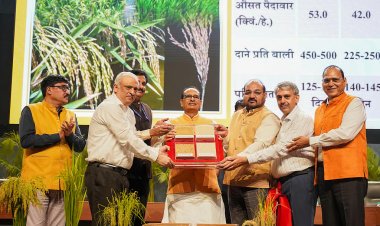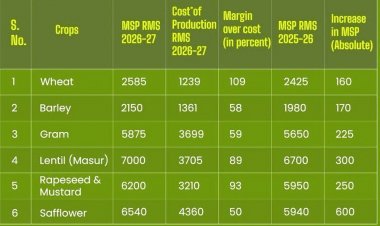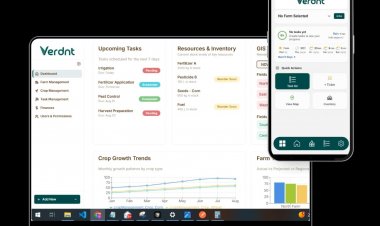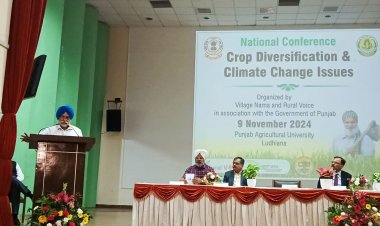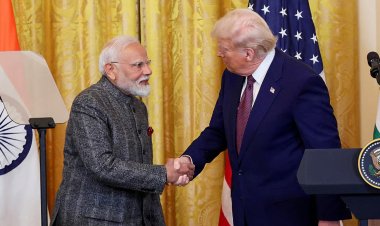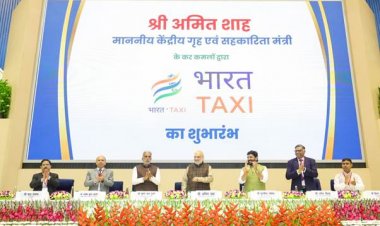Government Hikes Excise Duty on Petrol, Diesel by ₹2/Litre; LPG Price Increased by ₹50 per Cylinder
According to an official notification, the revised excise duty on petrol will now be ₹13 per litre, while diesel will attract ₹10 per litre. The revised rates will come into effect from April 8, 2025.
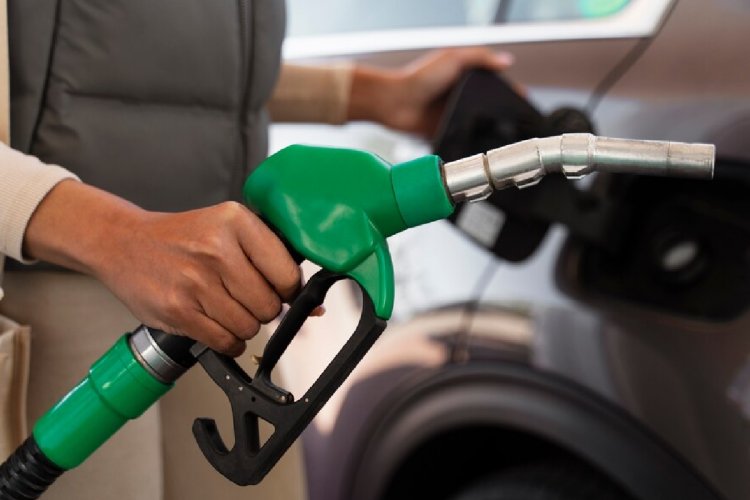
The central government on Monday increased the excise duty on petrol and diesel by ₹2 per litre each. However, consumers will not feel the impact of the hike at fuel stations, as the hike will offset a potential reduction in retail prices due to declining international crude oil prices.
According to an official notification, the revised excise duty on petrol will now be ₹13 per litre, while diesel will attract ₹10 per litre. The revised rates will come into effect from April 8, 2025. Minister for Petroleum and Natural Gas, Hardeep Singh Puri confirmed the move, stating that the excise duty adjustment would not be passed on to consumers and would be borne by oil marketing companies.
LPG Cylinder Price Hike
Cooking gas (LPG) prices have been raised by Rs 50 per cylinder by distribution companies, Union Petroleum Minister Hardeep Singh Puri said on Monday. The price hike applies to both Ujjwala and general category customers, the minister stated. The price of a 14.2-kg LPG cylinder will increase from Rs 803 to Rs 853 for general users, and from Rs 503 to Rs 553 for users under the Ujjwala scheme.
Global Crude Price
This is the first change in fuel taxation in 2025 and comes as global crude prices have declined sharply over the past month due to easing geopolitical tensions and concerns about slowing demand in major economies. Brent crude prices recently fell below the $65 per barrel mark, allowing room for fiscal adjustments without affecting consumer prices.
India, which imports nearly 85% of its crude oil requirement, uses excise duties as a key source of revenue. The last major excise duty hike occurred during the COVID-19 pandemic when oil prices had plummeted, enabling the government to boost tax collections without impacting retail fuel prices.
Industry experts say the current move may help the government shore up additional revenues without stoking inflation or inviting public criticism. However, they also caution that oil marketing companies could see a squeeze in margins unless global prices remain low or retail prices are eventually adjusted.
Taxes on Fuel
Fuel taxes—comprising excise duty, VAT, and dealer commissions—currently make up over 45% of the pump price of petrol and diesel in most parts of the country. While the current hike won’t alter that ratio immediately, any future volatility in global prices could test this temporary shield for consumers.
The decision has drawn mixed reactions. While consumers are relieved that pump prices will not rise, some analysts argue that the move reduces the benefit of lower global oil prices for the public.



 Join the RuralVoice whatsapp group
Join the RuralVoice whatsapp group



















